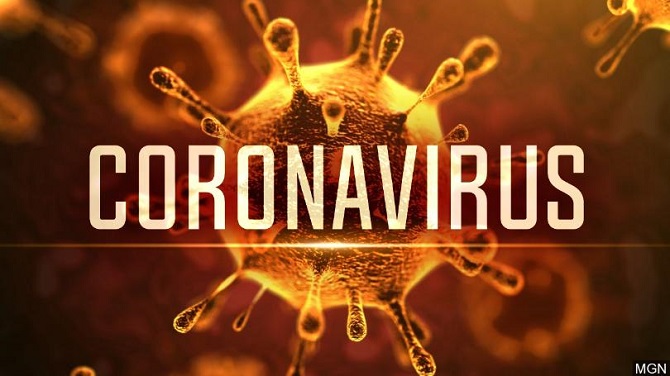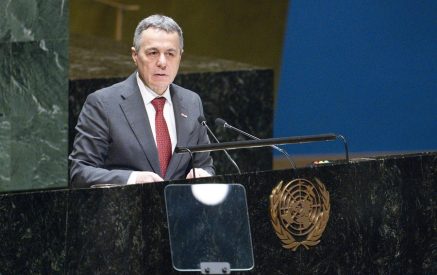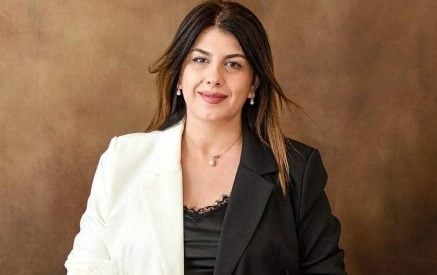COPENHAGEN, 11 March 2020 – As public health officials and national governments work to contain the coronavirus outbreak, due diligence must also be shown in countering the spread of disinformation about it, said the OSCE Parliamentary Assembly’s Special Rapporteur on Disinformation and Propaganda Oscar Mina (San Marino) today.
The COVID-19 coronavirus outbreak is the first major public health crisis during the modern social media era, Mina noted, and the fast spreading of fake news about the virus has already alerted the World Health Organization (WHO) and several governments to the point of calling the phenomenon an “infodemic.”
“Conspiracy theories, bogus medicines and cures, false regulations and fake claims about vaccines are circulating on the internet and on social media platforms,” Mina said today. “This disinformation is hindering efforts to contain the outbreak itself, spreading panic, confusion and discrimination, in times when solidarity and co-operation among countries are essential to save human lives.”
While ensuring the right for the citizens to access free information, governments, media companies and international organizations should work to guarantee that accurate and trustworthy information is accessible and widely disseminated, Mina said.
Read also
“The best antidote to bad information is good information. Sensational headlines and ‘click bait’ that generate traffic and ad revenue can also in times like these generate panic, confusion and chaos. I urge competent authorities and those with large media platforms to ensure that trustworthy sources of information prevail over fake news and propaganda. This is essential to protect people from contagion and to make sure they are informed to act appropriately,” Mina said.
Mina welcomed the prompt reaction of the WHO and various governments including Italy, France, the United Kingdom that are working closely with social media platforms to remove misinformation about the virus. However, he highlighted that more efforts are needed to fight the phenomenon and that the public health community should be more involved in order to provide evidence-based information to the public.
On their part, social media users also have a duty to share content conscientiously to avoid spreading false or dubious information, added Mina.
Mina also appealed to the international community to scrupulously and consciously follow the recommendations and instructions provided by the scientific community and competent authorities of each country, and encouraged governments to implement all forms of cooperation in this regard to counteract dangerous and uncontrollable alarmism.
For more on the work of the Special Rapporteur on Disinformation and Propaganda, please click here.
OSCE PA International Secretariat




























































